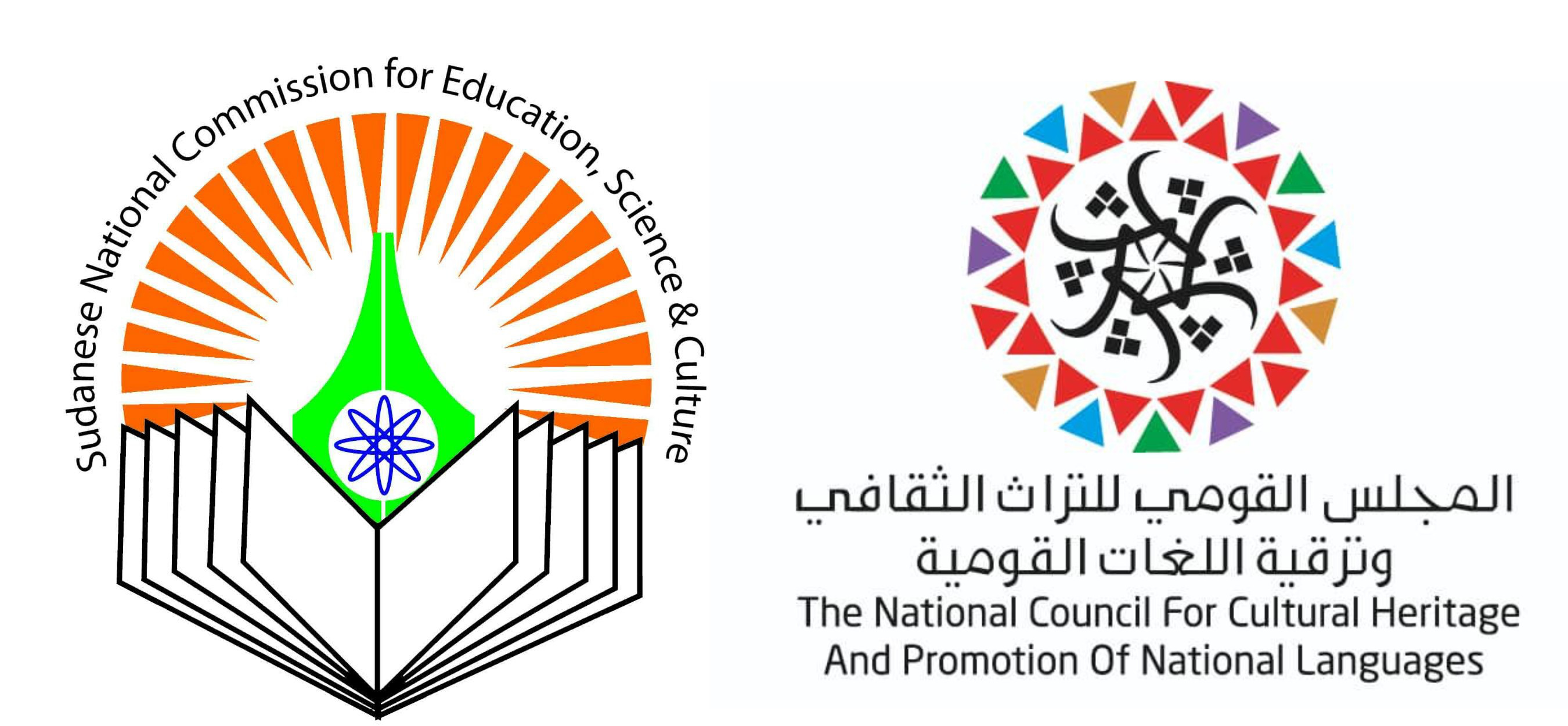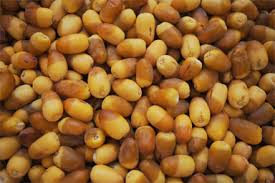(32) Al Nakhla - The Date Palm Tree
Knowledge about Nature, in North Darfur state / River Nile state / Northern state | Nationally recognized
The palm tree’s cultivation is spread in many countries, the most important of which are: Sudan, the Kingdom of Saudi Arabia, Iraq, Egypt, Bahrain, the Gulf countries, the Maghreb, the Levant and other countries of the world. The date palm was appreciated and mentioned in ancient times, and it is glorified by all religions. It is mentioned extensively in the Torah, Talmud, and Bible, and mentioned in the Qur’an
The palm tree is one of the perennial trees that is distinguished by its height, and it is the only tree that does not drop its leaves. Its cultivation is spread in many countries, the most important of which are: Sudan, Saudi Arabia, Iraq, Egypt, Bahrain, the Gulf countries, the Maghreb, the Levant and other countries of the world. The date palm was appreciated and mentioned in ancient times, and it is glorified by all religions. It is mentioned in the Torah, the Talmud, and the Bible at great length, and in the Qur’an a text is mentioned in 21 verses, and it was mentioned in the Prophet’s Sunnah in more than 300 hadiths. And every part of the palm has great benefit (its fruits, fibers, stem, fronds, leaves and wicker), in addition to the many other materials that are extracted from its fruits.
The date palm is closely related to the human life cycle from birth to death in rituals, practices, and social celebrations, and this influence is related to all the different and successive monotheistic religions up to the Islamic one. The palm tree has also been associated with practices and knowledge related to nature and the universe, especially in knowledge related to its cultivation and care. From planting it to reaping its fruits. Parts of the palm tree are used in folk medicine to treat and prevent many diseases, in addition to the traditional craftsmanship skills in which different parts of the palm tree are used as raw materials to produce a number of tools that a person uses in his daily life, such as leaves, fronds, fibers, and stems.
The element was promoted internationally, and, in 2019, it was inscribed on the Representative List of the Intangible Cultural Heritage of Humanity as Date palm, knowledge, skills, traditions and practices.
Ownership / Association &bearers:
Contact
Asad Abdulrahman Awadallah Abdulrahman
Ministry of Culture, Sudanese Life Documentation and Registration Center
T: +249912436911
+249123406016
asaadhajam@yahoo.com
Downloads
- the_date_palm_tree_long_description.pdf 394 KB (pdf)
Links
- Link to the International Entry Including the complete nomination file, Video, further pictues

